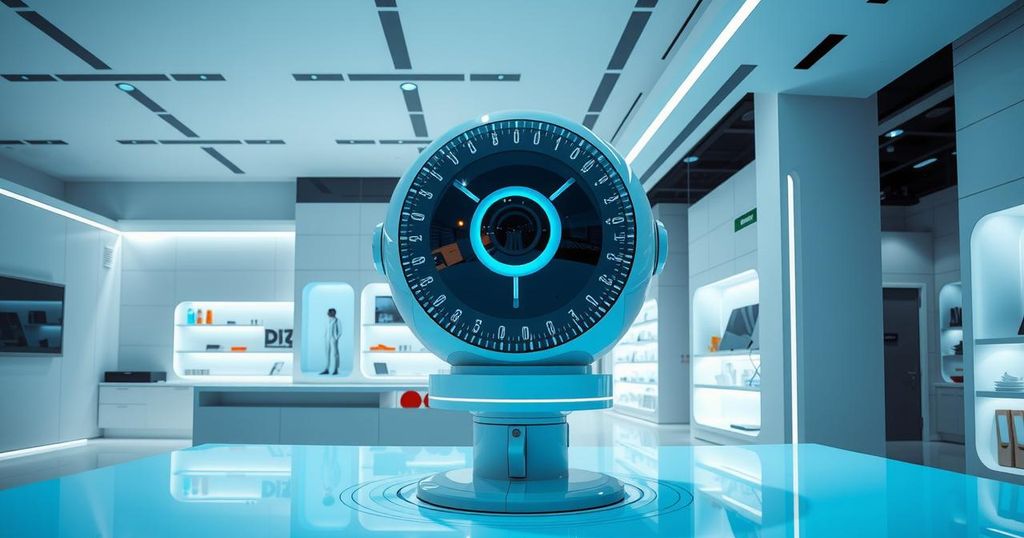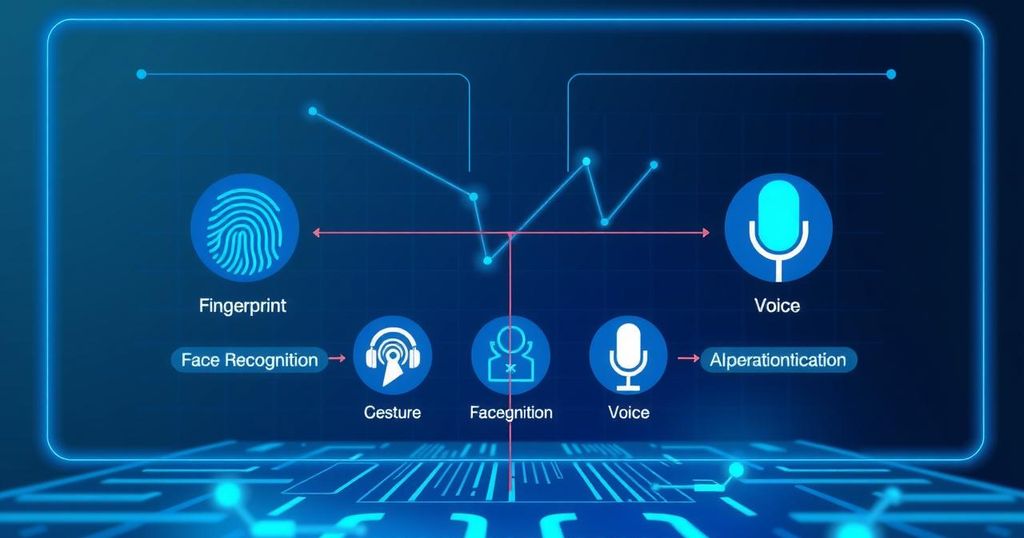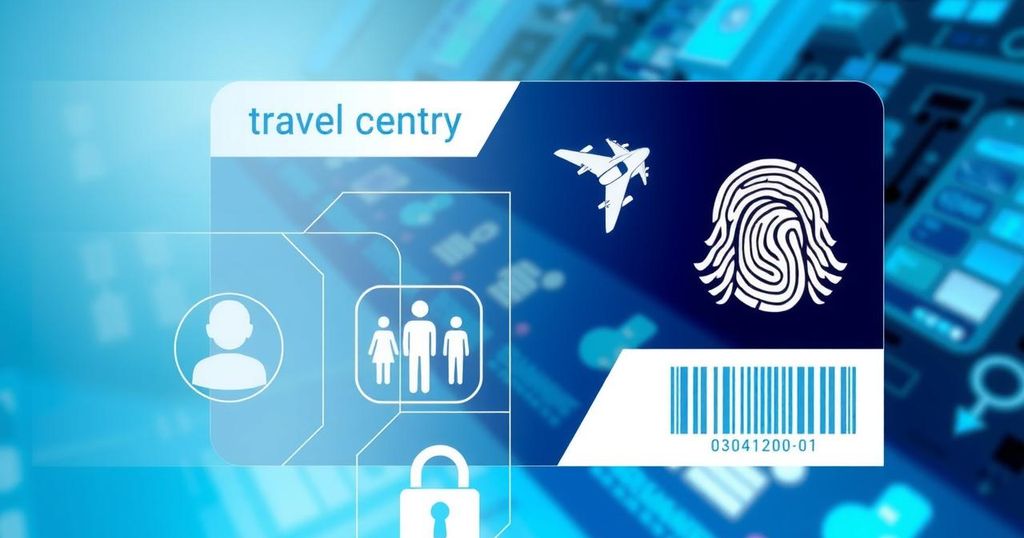The World ID initiative has launched in San Francisco, allowing users to get a free iris scan to verify their identity as human, amid increasing AI presence online. The endeavor, led by Tools for Humanity, faces both enthusiasm for its utility and significant privacy concerns. Users can receive cryptocurrency for registering, raising questions about data security and the necessity of such verification processes.
In a unique promotion in San Francisco, a store opened this week in Union Square, inviting locals to get a free iris scan as part of the World ID initiative, designed to confirm users are human. The event attracted interesting crowds, including Clement Anthonioz, who seamlessly lined up at the scanning device while his beagle patiently awaited outside. Anthonioz expressed confidence in the utility of such a credential in various aspects of life, including voting, while raising concerns about possible privacy risks.
The high-tech scanning orb, developed by Tools for Humanity, works by capturing a user’s iris. Co-founded in 2019 by Alex Blania alongside OpenAI’s Sam Altman, the company has already conducted iris scans in places like Argentina and Kenya. The U.S. operations faced some hiccups earlier this year related to safety critiques, prompting a pause in activities.
Starting its U.S. journey, Tools for Humanity reported that 12 million iris scans have been completed. Launch events across several cities, including Los Angeles and Miami alongside San Francisco, aimed to boost user enrollment. The scanning process is fairly straightforward: your face gets scanned, and then the system compares it against a selfie taken from the World app on a mobile device. Data security seems to be a priority as the app ensures all information is deleted post-scan.
At the launch party, attendees enjoyed free food and drinks, mingling amidst a gathering that included well-known figures like San Francisco Mayor Daniel Lurie and California Governor Gavin Newsom. However, according to their offices, neither signed up for a World ID. Partnerships announced at the event with big names such as Visa and Match Group hint at this initiative’s growing significance in the tech and finance landscape.
Altman discussed the urgent need for better human verification mechanisms amidst the explosion of AI-generated content. He mentioned that his conversation with Blania five years ago sparked the need for this system as a response to increasing online AI content. World ID is presented as a ‘proof-of-human’ credential with an appealing edge – those who enroll receive cryptocurrency as a reward.
However, there are voices of skepticism. Lorrie Cranor, a privacy expert from Carnegie Mellon, raised questions about the real necessity of iris scans and expressed concerns over data security. “If a robot takes over my phone, could they also prove they’re me?” she asked, indicating a lack of satisfactory responses from the company on this issue. Cranor’s research has shown a significant drop in the public’s ability to protect their privacy, indicating that many might feel too comfortable sharing sensitive information.
Some attendees like Rachael Yong changed their perception after seeing the partnerships. “It’s interesting to see they’re trying to integrate it into people’s lives,” she noted, reflecting a trend that might bring World ID closer to everyday life. Meanwhile, Chris Jackson, another participant, believes World ID could effectively verify age and identity in online spaces as more states adopt age verification laws.
However, concerns remain. Debra Farber from Lumin Digital highlighted how the data linked to World ID could inadvertently undermine user anonymity, positing that information collected could be weaponized to reveal users’ identities. Additionally, she pointed out a seeming contradiction between Altman’s work in AI and the mission of World, which aims to authenticate human users.
As the iris-scanning technology is open-source, Tools for Humanity says it welcomes evaluations from digital rights advocates. Anthonioz, confident about the initiative due to the company’s background, compared it to Apple’s Face ID. His willingness to offer biometric data suggests a trend where consumers increasingly weigh potential risks against perceived safety benefits.
The launch of the World ID initiative through iris scanning in San Francisco sparks dialogue about technology’s role in verifying human identity amidst the rise of AI. While many find the concept promising, with significant partnerships backing it, concerns about privacy and security complicate the narrative. As this technology develops, its implications on how we prove our humanity could redefine identity in the digital age.
Original Source: www.washingtonpost.com





